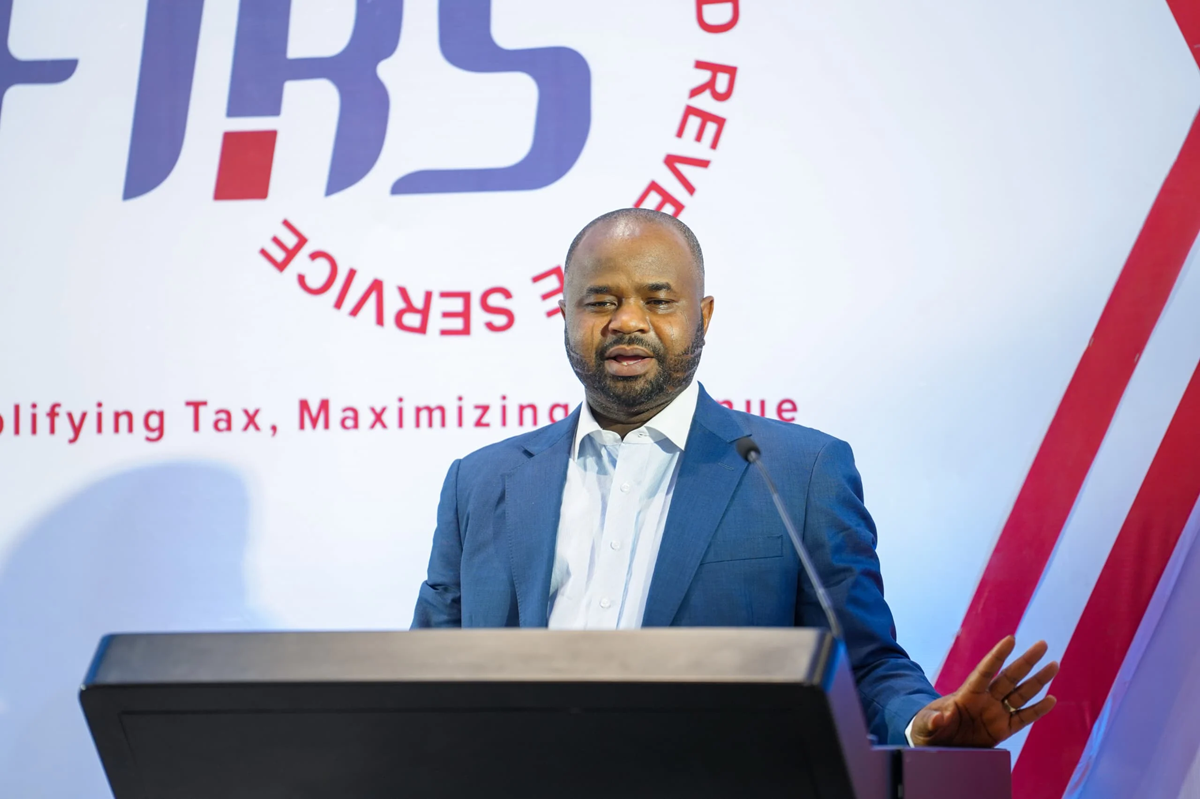The Federal Inland Revenue Service (FIRS) of Nigeria is undergoing a significant transformation in its approach to taxpayer engagement. Moving away from traditional enforcement methods, the agency is adopting a more proactive strategy. This shift aims to improve compliance and foster positive relationships with taxpayers.
A New Approach to Tax Compliance
Historically, FIRS relied heavily on enforcement actions, such as audits and penalties, to ensure compliance. While these methods can yield results, they often create a strained relationship between the tax authority and the public. Recognizing this, FIRS has decided to embrace a new model focused on proactive communication and education.
The new strategy emphasizes clear, accessible information regarding tax obligations. FIRS is committed to informing taxpayers about their rights and responsibilities, which includes providing detailed guidelines on filing processes and deadlines. This initiative aims to reduce confusion and errors, ultimately leading to improved compliance rates.
To enhance outreach, FIRS has increased its engagement efforts through workshops, seminars, and digital resources. These initiatives allow taxpayers to interact directly with tax officials, ask questions, and receive immediate guidance. By engaging the public, FIRS hopes to cultivate a culture of trust and compliance.
Leveraging technology is another key aspect of this proactive approach. FIRS is utilizing online platforms to facilitate communication and simplify tax-related processes. Digital tools enable taxpayers to file returns and make payments more efficiently, aligning with global best practices in tax administration.
Fostering a Culture of Compliance
Education plays a crucial role in FIRS’s new strategy. The agency aims to educate taxpayers on the importance of meeting their tax obligations and the benefits of compliance. By highlighting the positive impact of taxes on national development, FIRS seeks to motivate citizens to fulfill their responsibilities willingly.
Taxpayer education initiatives include explaining how tax revenues contribute to essential public services, such as healthcare and infrastructure. By illustrating this connection, FIRS hopes to foster a sense of civic duty among taxpayers.
Furthermore, FIRS encourages feedback from taxpayers to improve its services. By inviting the public to share their experiences and challenges, the agency can identify areas for improvement. This feedback loop not only enhances FIRS’s operations but also fosters a sense of collaboration between the tax authority and the public.
In addition to individual outreach, FIRS is exploring partnerships with the private sector. Collaborating with businesses can enhance educational efforts and provide tailored workshops for specific industries. Such partnerships can help create a more compliant tax environment, benefiting both the tax authority and the businesses involved.
Particular attention is being paid to small and medium-sized enterprises (SMEs), which often face unique challenges in taxation. FIRS is developing targeted resources and support programs to assist these businesses in navigating tax regulations. By empowering SMEs, FIRS aims to promote economic growth and ensure compliance across this vital sector.
In summary, the Federal Inland Revenue Service is making a significant shift towards proactive taxpayer engagement in Nigeria. By moving beyond traditional enforcement methods, FIRS aims to enhance compliance and build stronger relationships with the public. Through education, outreach, and collaboration, the agency is working to create a more positive and effective tax environment. This proactive approach not only benefits FIRS but also plays a crucial role in Nigeria’s overall development and economic stability.




